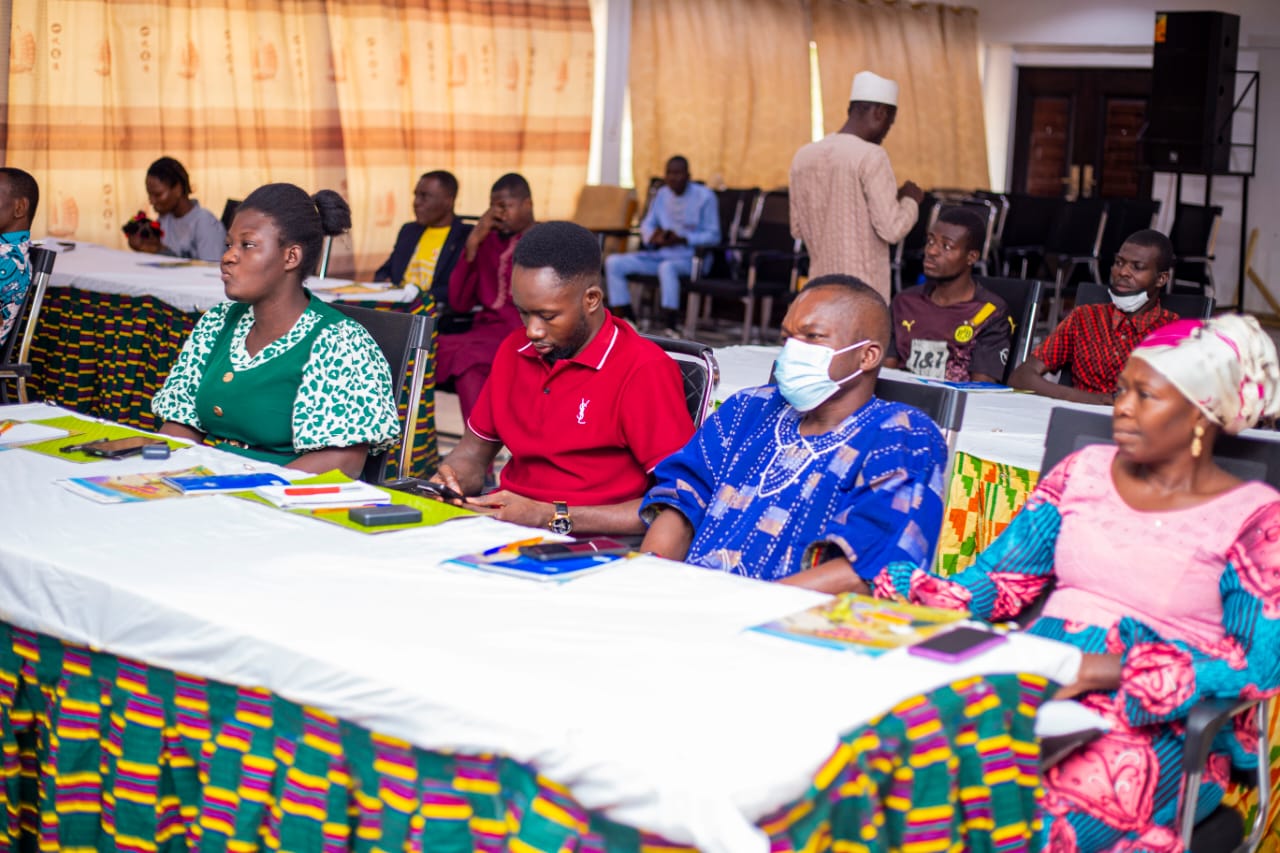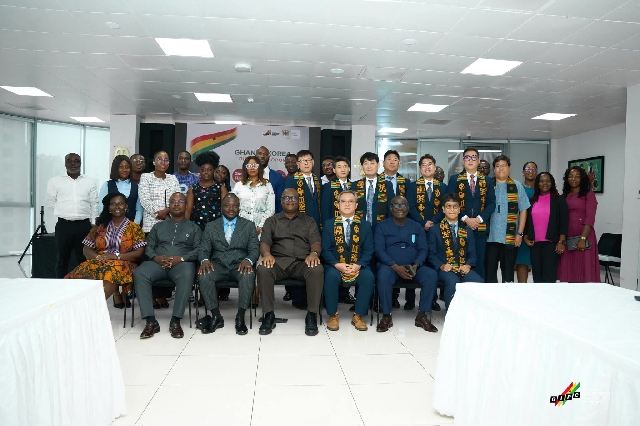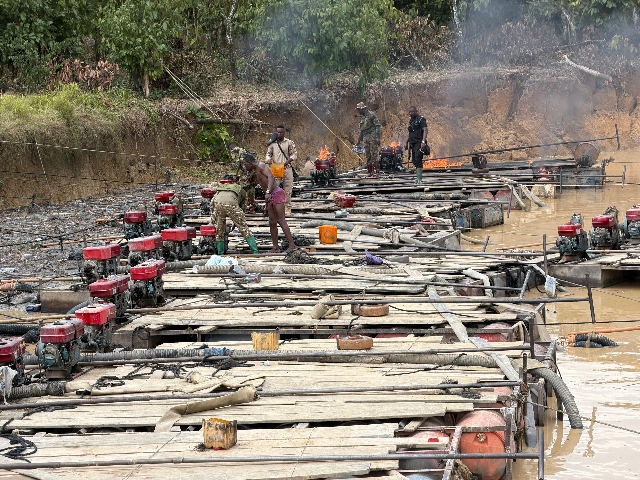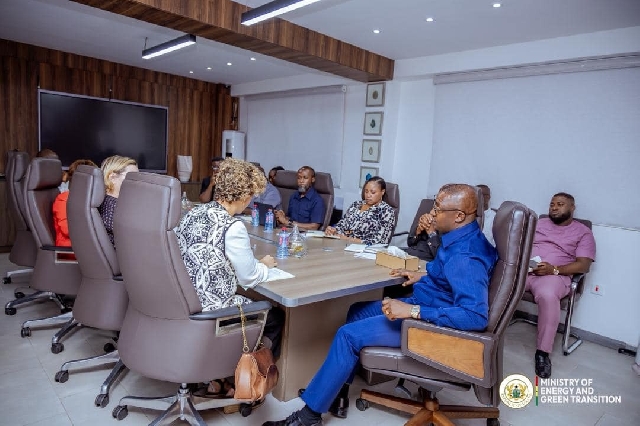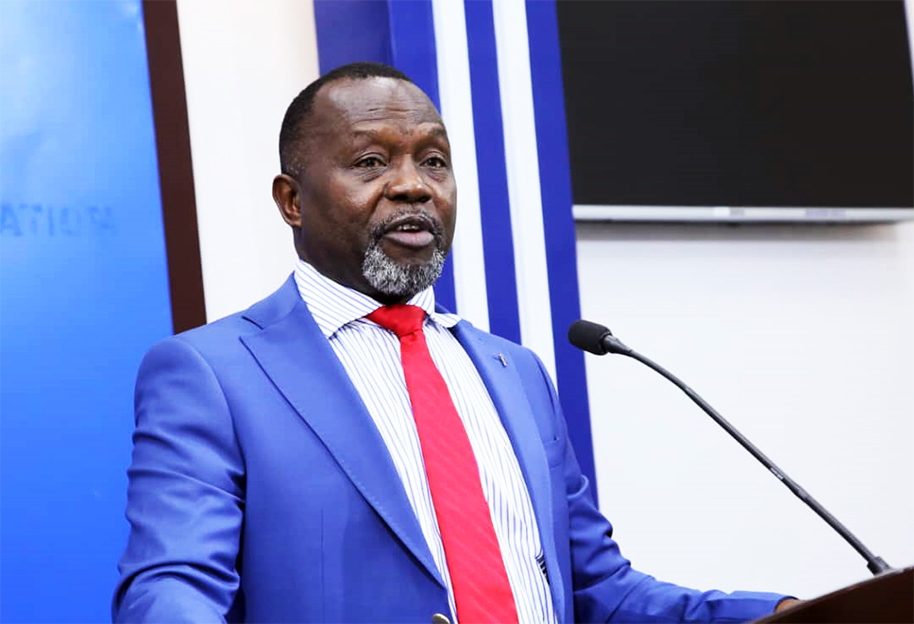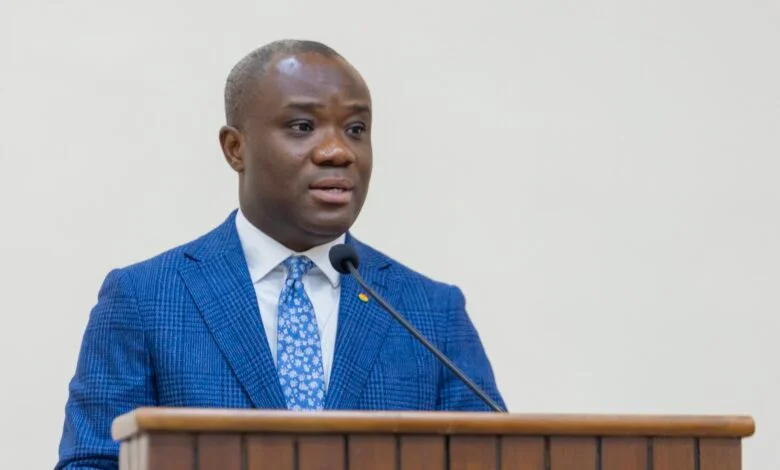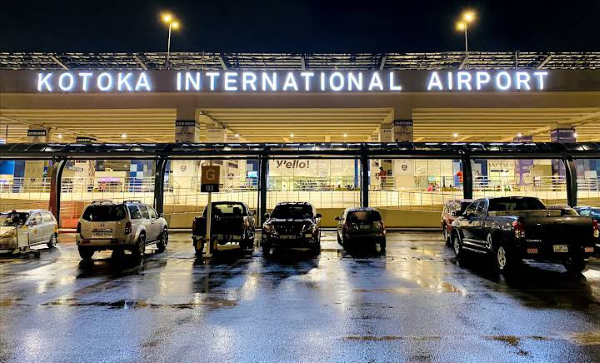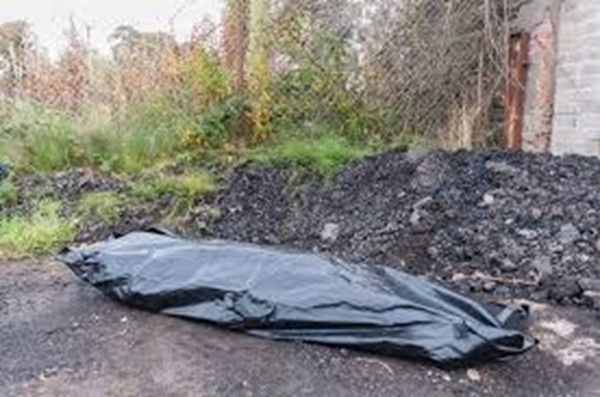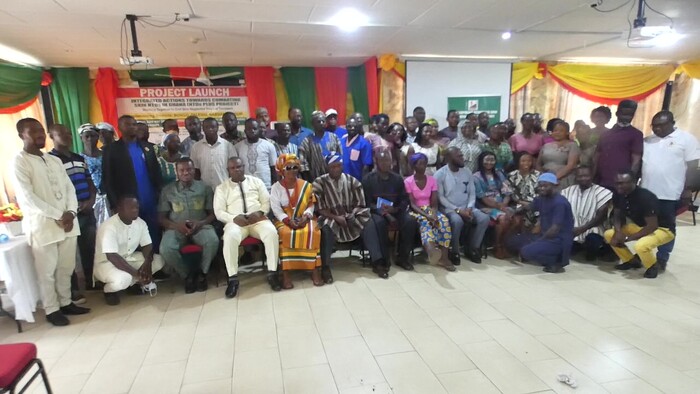The Upper East Regional Health Director, Dr. Braima Baba Abubakari, has highlighted a pressing public health concern in the region during the launch of the “Integrated Actions Towards Combating Skin NTDs in Ghana (NTDs Plus Project)” by Development Research and Advocacy Centre (DRAC). Apexnewsgh reports Leprosy and Yaws continue to affect many lives, with alarming statistics revealing the severity of the issue. A speech by the Regional Health Director indicates that between 2020 and 2024, the region detected 137 cases of Leprosy, with over 80% of patients reporting with advanced stages of disability. This indicates a significant delay in seeking medical attention, which can lead to long-term consequences. In the same period, approximately 1190 cases of Yaws were suspected and treated in the region. Dr. Abubakari expressed enthusiasm about the NTDs Plus Project, designed to address the challenges faced by individuals with Skin NTDs. The project leverages existing community structures to deliver health services, ensuring a comprehensive approach to tackling these diseases. The partnership between the health department and DRAC, supported by the Anesvad Foundation, is crucial to the project’s success. With the launch of the NTDs Plus Project, the Upper East region takes a significant step towards reducing the burden of Skin NTDs. By working together, stakeholders aim to improve health outcomes and enhance the quality of life for those affected by these diseases. The project’s success will depend on the collaborative efforts of all parties involved, and Dr. Abubakari expressed optimism about the positive impact it will have on the region. The Director of Programmes at DRAC, Mr. Aberinga Milton, announced that the NTDs Plus Project marks a significant milestone as the second phase of DRAC’s skin NTDs programming. The initial project, which targeted five districts in the Upper East Region – Binduri, Builsa South, Bongo, Nabdam, and Talensi – laid the groundwork for the new initiative. According to Mr. Aberinga, the NTDs Plus Project brings numerous improvements and benefits designed to support victims of skin NTDs and their communities. Mr. Aberinga highlighted the prevalence of specific health issues in certain areas of the region. Leprosy, he noted, is a significant concern in Bongo, while Yaws and other skin diseases are particularly prevalent in the Bolgatanga East area. These findings emphasize the need for targeted interventions to address these health challenges and improve the well-being of residents in these communities. With the NTDs Plus Project, DRAC is poised to build on its previous successes and make a meaningful impact in the lives of those affected by skin NTDs. The project’s improvements and benefits aim to provide comprehensive support to victims and their communities, ultimately contributing to a healthier and more resilient Upper East Region. The Bolgatanga Municipal Chief Executive’s representative, Presiding Member Mr. Stephen Akugre, officially launched the NTDs Plus Project on behalf of the MCE. At the launch, Mr. Akugre acknowledged the project’s potential impact and importance in Bolgatanga and the region as a whole. He expressed his support for the project, assuring DRAC that the MCE would work to ensure its success in the region. With a declaration, Mr. Akugre marked the official start of the NTDs Plus Project, paving the way for its implementation and anticipated positive outcomes. The Project launch saw the presence of Stakeholders from all the affected district and communities. Source: Apexnewsgh.com/ Ngamegbulam Chidozie Stephen
Empowering Persons with NTDs in Zorkor: KURADEC Provides Soap Making Training
In an effort to improve the lives of individuals affected by Neglected Tropical Diseases (NTDs) in Zorkor-Kadare, Bongo District, Upper East Region, Kunkua Renaissance Development Centre (KURADEC) has provided training in soap making. Apexnewsgh reports This economic and livelihood empowerment training aims to enhance the hygiene and development of persons with NTDs, enabling them to generate income and improve their overall well-being. Coordinator of KURADEC, Mr. Donatus Awine Adua, explained that the training is part of a larger initiative funded by ANESV Foundation through Development Research and Advocacy Center (DRAC). The goal is to equip affected individuals with skills to produce soap, which can be sold to generate income. Last year, KURADEC conducted LED intervention training for community volunteers and affected persons, identifying 65 beneficiaries, including men and women. NTDs, such as elephantiasis and hydrocele, expose affected individuals to vulnerabilities, including stigma, reduced mobility, and inability to access healthcare services. KURADEC’s training aims to address these challenges by promoting personal hygiene and economic empowerment. Mr. Adua appealed to other organizations and government agencies to prioritize support for persons with NTDs, particularly in rural areas. He emphasized the need for skills development and economic empowerment to improve their lives. KURADEC plans to provide additional support, including livestock, to enable beneficiaries to generate sustainable income. The organization encourages other NGOs and government agencies to join forces in empowering persons with NTDs, promoting a better quality of life for these vulnerable individuals. Freda Alowri, Midwife in charge of Zorko Health Centre, narrated how she witnessed firsthand the devastating impact of Neglected Tropical Diseases (NTDs) on individuals and communities. Despite the challenges, she remains committed to educating and empowering those affected to seek medical attention and improve their hygiene practices. The stigma surrounding NTDs, particularly leprosy, has led to many sufferers being ostracized and hidden away by their families. However, through home visits and community outreach, Freda and her team have managed to convince many to come forward and seek help. The introduction of soap making training has been a game-changer, providing economic empowerment and improving hygiene practices. Beneficiaries can now generate income by selling soap, and the community has come together to support those affected. Despite progress, challenges persist. Deep-seated mentalities and human behavior changes are difficult to overcome, and some individuals still hide their conditions due to shame or fear of association. Freda acknowledges the humanitarian efforts of organizations like Kunkua Renaissance Development Centre (KURADEC) and appeals for continued support to address the lingering challenges. She believes that together, they can make a significant impact and improve the lives of those affected by NTDs. The Zorko Health Centre’s dedication to combating NTDs has led to notable improvements in the community’s health and well-being. As Freda emphasizes, “We are not just treating conditions, we are restoring dignity and hope to those who need it most.” However, Janet Nsobila and Paul Awobgo beneficiaries of soap making activity could not hide their excitements. They extended their gratitude to Kunkua Renaissance Development Centre (KURADEC), Development Research and Advocacy Center (DRAC) and ANESV Foundation for such kind empowerment. Source: Apexnewsgh.com Thanks for reading from Apexnewsgh as a news publishing website from Ghana. We encourage you to freely share this story via social media platform and follow us on; Facebook on APEXNEWSGH-Tv or Please contact Apexnewsgh.com on email apexnewsgh@gmail.com for your credible news publications. Contact: 0248250270/0256336062
GCNH Inaugurates network of CBOs, CSOs and NGOs to combat NTDs
Upper East Region branch of Ghana Coalition of NGOs in health are raising awareness about Neglected Tropical Diseases (NTDs) such as leprosy and elephantiasis and others, which often go untreated due to a lack of knowledge and stigma. Apexnewsgh reports Neglected tropical diseases (NTDs) are a varied group of conditions caused by a range of pathogens such as viruses, bacteria, parasites, fungi, and toxins. These diseases have severe health, social, and economic impacts, particularly affecting impoverished communities in tropical regions. While some NTDs have a broad geographical reach, they predominantly afflict those in low-resource settings. NTDs are estimated to impact over 1 billion individuals, with 1.6 billion requiring interventions for these diseases, both preventive and curative. The epidemiology of NTDs is intricate and often linked to environmental factors. Many of these diseases are transmitted by vectors, have animal hosts, and involve complex life cycles, making their control in public health a significant challenge. Neglected tropical diseases (NTDs) include a range of illnesses such as Buruli ulcer, Chagas disease, dengue, chikungunya, dracunculiasis, echinococcosis, yaws, foodborne trematodiases, human African trypanosomiasis, leishmaniasis, leprosy, lymphatic filariasis, chromoblastomycosis, noma, onchocerciasis, rabies, scabies, soil-transmitted helminthiases, snakebite envenoming, taeniasis/cysticercosis, trachoma, schistosomiasis and mycetoma. The Upper East Regional Disease Control Officer, Mr. Emmanuel Konlan, highlighted the challenges faced in tackling Neglected Tropical Diseases (NTDs) in the region. He emphasized the need for prompt medical attention when symptoms arise, as relying on traditional cures can allow diseases like leprosy to advance unnoticed. Mr. Konlan urged community members to seek help at health facilities at the first sign of any unusual symptoms to prevent the spread of NTDs. The Upper East Regional Vice Chairman of Ghana Coalition of NGO in health, Mr. Abanbire Adua, also raised concerns about the long-lasting effects of NTDs on individuals and the community. According to him, despite the disease not being immediately fatal, diseases like leprosy and elephantiasis can severely impact productivity and overall well-being. Mr. Adua called for increased awareness and action from government and stakeholders to address the prevalence of NTDs. Mr. Alemna Duncan Adogboba of Ghana Health Service who was also part of the inauguration emphasized the importance of early detection and treatment of leprosy cases to prevent further spread. He said, training programs have been implemented to equip staff and volunteers with the skills to identify and treat NTDs effectively. Meanwhile, the Program Director of Development Research and Advocacy Center (DRAC), Mr. Milton Aberinga, outlined ongoing efforts to combat NTDs in the region, including training initiatives and collaboration with community leaders and organizations. Mr. Aberinga further reveals that the formation of a strategic plan involving various stakeholders aims to sustain progress and ultimately eliminate NTDs in the Upper East Region. Source: Apexnewsgh.com/Ghana For publication please kindly contact us on 0256336062 or Email apexnewsgh@gmail.com

